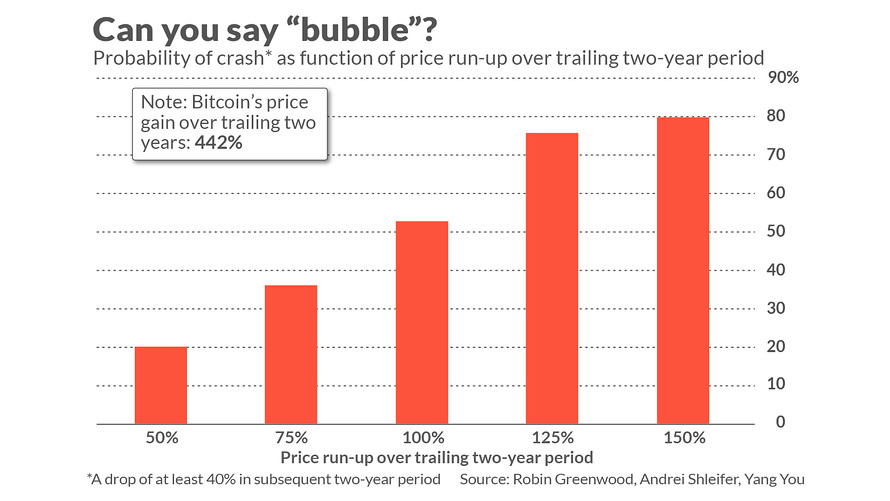
Only 1% of the US population owns bitcoins, which is too small for the institutional market, says Tom Lee, managing partner and head of research at Fundstrat Global Advisor.
In an interview with The Block, Tom Lee called the main barriers that prevent large players from investing in bitcoin, pointing to the underdeveloped infrastructure, as well as the size of the market itself, which, in his opinion, is "too small."
In support of his words, he, in particular, compared bitcoin with gold, stocks and bonds.
“The gold market is valued at 9 trillion (dollars), the stock market at 66 trillion, and the bond market at 86 trillion. Bitcoin does not even gain half the percentage of these assets combined. And if you ask someone to send 1% (of their portfolio) to bitcoin, this is the same as tripling the market. Even 1% will be a huge rate, the bitcoin market is so small, ”he said.
According to Tom Lee, probably only 1% of the United States population has bitcoins, and this is small for the institutional market.
“Rather, it can be called a hobby, ” said the co-founder of Fundstrat.
He also notes that the infrastructure of the cryptocurrency industry is underdeveloped, but believes that this is a consequence of the lack of protection from regulators.
“In the US, there is not enough legal and regulatory protection for bitcoin that could prevent senior officials from the White House issuing an order to ban bitcoin. Today, nothing is stopping outlawing Bitcoin, ”said Tom Lee.
Regulatory uncertainty in turn leads to the fact that institutional investors, entering the market without regulatory protection, take on reputational risks, he added.
Over the past few weeks, this is not Tom Lee’s first statement regarding the role of institutional investors. In September, he said that investors buy bitcoin when they are confident in the stability of the economy and the geopolitical situation, and expressed confidence that the launch of the Bakkt platform will increase the confidence of large players in cryptocurrencies.
Follow BlockchainJournal on Twitter !
BlockchainJournal.news
BlockchainJournal.news


